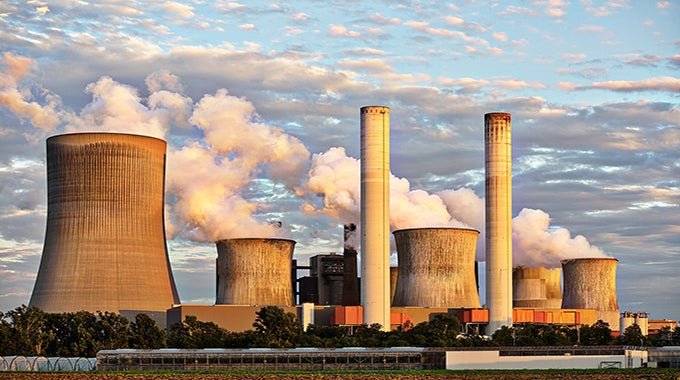Zimbabwe’s struggling economy continues to feel the strain of persistent power shortages, with businesses bearing the brunt of unreliable electricity supply. Frequent blackouts have forced many companies to scale back operations, relocate, or shut down entirely, dealing a severe blow to productivity. In response, the government has turned to infrastructure upgrades and renewable energy projects, but the latest move, a major rehabilitation deal for the ageing Hwange Thermal Power Station, could be a game-changer.
The Mutapa Investment Fund (MIF) has finalised a $455 million concession agreement with India’s Jindal Steel and Power Company to revive Units 1 to 6 at Hwange, Zimbabwe’s largest coal-fired power plant. Structured as a public-private partnership, the deal grants Jindal 15 years to finance, operate, and refurbish the thermal units before returning them to the Zimbabwe Power Company (ZPC). During this period, the firm will recover its investment through electricity sales, shifting both financial and operational risks away from the state.
Simba Chinyemba, Mutapa’s Chief Investment Officer, confirmed that Cabinet has already approved the agreement, calling it a crucial step towards stabilising the country’s power supply. “This project will significantly improve Zimbabwe’s energy situation,” he said. “The rehabilitation of Hwange’s units is expected to be completed within a year, injecting much-needed capacity into the grid.”
Zimbabwe’s electricity woes are far from new. With peak demand hovering around 1,800 megawatts (MW) but domestic generation averaging just 1,300MW, the deficit has forced heavy reliance on expensive imports from neighbouring countries like Mozambique, Zambia, and South Africa. Hwange, commissioned over three decades ago, has seen its output dwindle due to outdated equipment, with some units running far below capacity or entirely offline.
Previous attempts to revive the plant, including an $800 million repowering deal with Jindal in 2021, stalled, leaving the power crisis unresolved. Now, with this fresh agreement, authorities hope to finally turn the tide. If successful, the project could ease pressure on foreign currency reserves by cutting costly power imports while restoring Hwange’s generation potential.
Beyond immediate energy relief, the deal aligns with Mutapa’s broader mandate to revitalise state-owned enterprises. The sovereign wealth fund oversees 66 parastatals across energy, mining, agriculture, and telecommunications, pushing for commercial viability through private-sector partnerships. Chinyemba emphasised that the Hwange project exemplifies this strategy, unlocking value through foreign investment while safeguarding national assets in the long term.
For businesses, a stable power supply can’t come soon enough. Many have resorted to expensive diesel generators or solar installations, driving up operational costs in an already tough economic climate. If the rehabilitation proceeds as planned, Zimbabwe may finally see light at the end of a very long, dark tunnel.










